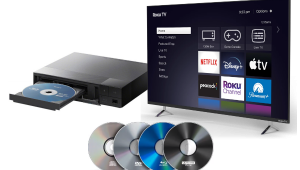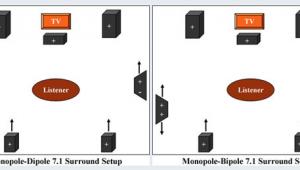Primary tabs
How Do You Mostly Receive Network TV?

It used to be that all television was delivered wirelessly over the air for freewell, you have to wait through commercials, but you don't pay any money for it. Then cable companies started offering a much wider palette of programming via wires, charging a monthly subscriptionand on many channels, the commercials are still there. Satellite service returned to wireless broadcasting but retained the subscription fee and commercials on many channels.
Now, a fourth delivery system is gaining significant ground. More and more viewers, especially younger viewers, are receiving their TV programming from the Internet. This approach frees you from the strictures of a broadcast scheduleno more Must See Thursday, though DVRs like TiVo remove this limitation from over-the-air, cable, and satellite as well (plus, they let you skip commercials). Even better, some content is free (for example, basic Hulu in standard definition) while premium programming typically requires a subscription fee ($8/month for Hulu Plus in 720p, $9/month for Netflix).
So I wonder: When you watch network TVand I mean all networks, not just ABC, CBS, NBC, WB, and Foxdo you receive it mostly via terrestrial over-the-air, cable, satellite, or the Internet? Or do you eschew network TV altogether?
Vote to see the results and leave a comment about your choice.

























































